The 31st Annual Meetings of the African Export and Import Bank (Afreximbank) have commenced in Nassau, Bahamas, with global shocks and liquidity constraints identified as major economic challenges for African countries.
Denys Denya, Senior Executive Vice President of Afreximbank, said that recurring global shocks and liquidity constraints have left most developing countries at the mercy of creditors.
Read more: Afrexim Bank commits $1.6 billion towards financing Zambia’s economic development
He remarked that the lending terms imposed by these creditors often perpetuated a cycle of borrowing, adversely affecting macroeconomic management and socio-economic development in Africa.
Denya emphasized that these challenges undermined the development aspirations of many African nations.
Additionally, climate change and extreme weather conditions were identified as threatening to erode any economic gains achieved by these countries.
Speaking at the 31st edition of Afreximbank Group’s Annual Meetings, organised alongside the 3rd Afri-Caribbean Trade and Investment Forum (ACTIF) in Nassau, Denya stated: “The continent’s development story is puzzling given its natural resource endowment.”
He said Africa was home to over 30 percent of the world’s mineral reserves and more than 13 percent of the world’s oil.”
Denya indicated that some African countries control significant proportions of critical minerals like cobalt and tantalum, essential for strategic processes such as battery production and manufacturing capacitors for electronics.
He noted that Africa controlled a considerable share of global production for other minerals and over 60 percent of the world’s uncultivated arable land.
Despite this abundance, the quest for sustainable development remained a struggle, Denya said, noting that the development challenges faced by African nations were mirrored in the Caribbean.
He stressed the importance of unity and collaboration to combat sustained deprivation and marginalisation, suggesting that a unified Africa could exert more influence in global decision-making.
Denya also discussed the low levels of intra-African trade compared to other regions, highlighting the need to strengthen trade and investment flows within the continent to promote wealth creation and enhance resilience to global shocks.
Premier of Kwazulu-Natal, Nomusa Dube-Ncube, also spoke at the event, urging Africa to harness the power of regional cooperation, innovation, and entrepreneurship to drive economic growth.
She stated the potential to transform Africa from a land of untapped potential to a beacon of prosperity and progress.
Dube-Ncube pointed out that although Africa comprises 17 percent of the world’s population, it commands just five percent of global GDP and a mere two percent of world manufacturing output.
Africa’s share of global trade stands at a modest three percent, dwarfed by intra-regional trade volumes in other continents.
Pamela Coke-Hamilton, Executive Director of the International Trade Centre (ITC) stated the deep connections between Africa and the Caribbean.
She described them as ‘umbilical’ and ‘organic,’ stressing their importance in navigating the complex challenges of today’s global landscape.
Coke-Hamilton disclosed that recent research conducted by the ITC in collaboration with Afreximbank indicated a projected trade value of US$1.8 billion for goods and services annually by 2028.
“The call to action is clear: it’s time to reinforce these bonds and capitalise on new economic opportunities for mutual growth and development,” she said.
WARNING! All rights reserved. This material, and other digital content on this website, may not be reproduced, published, broadcast, rewritten or redistributed in whole or in part without prior express permission from ZAMBIA MONITOR.

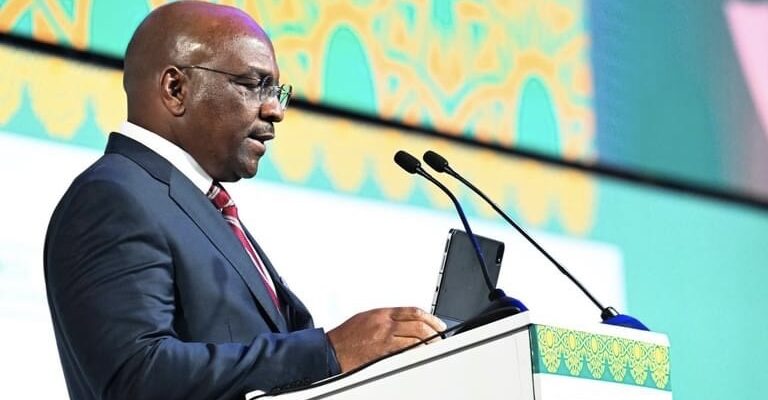
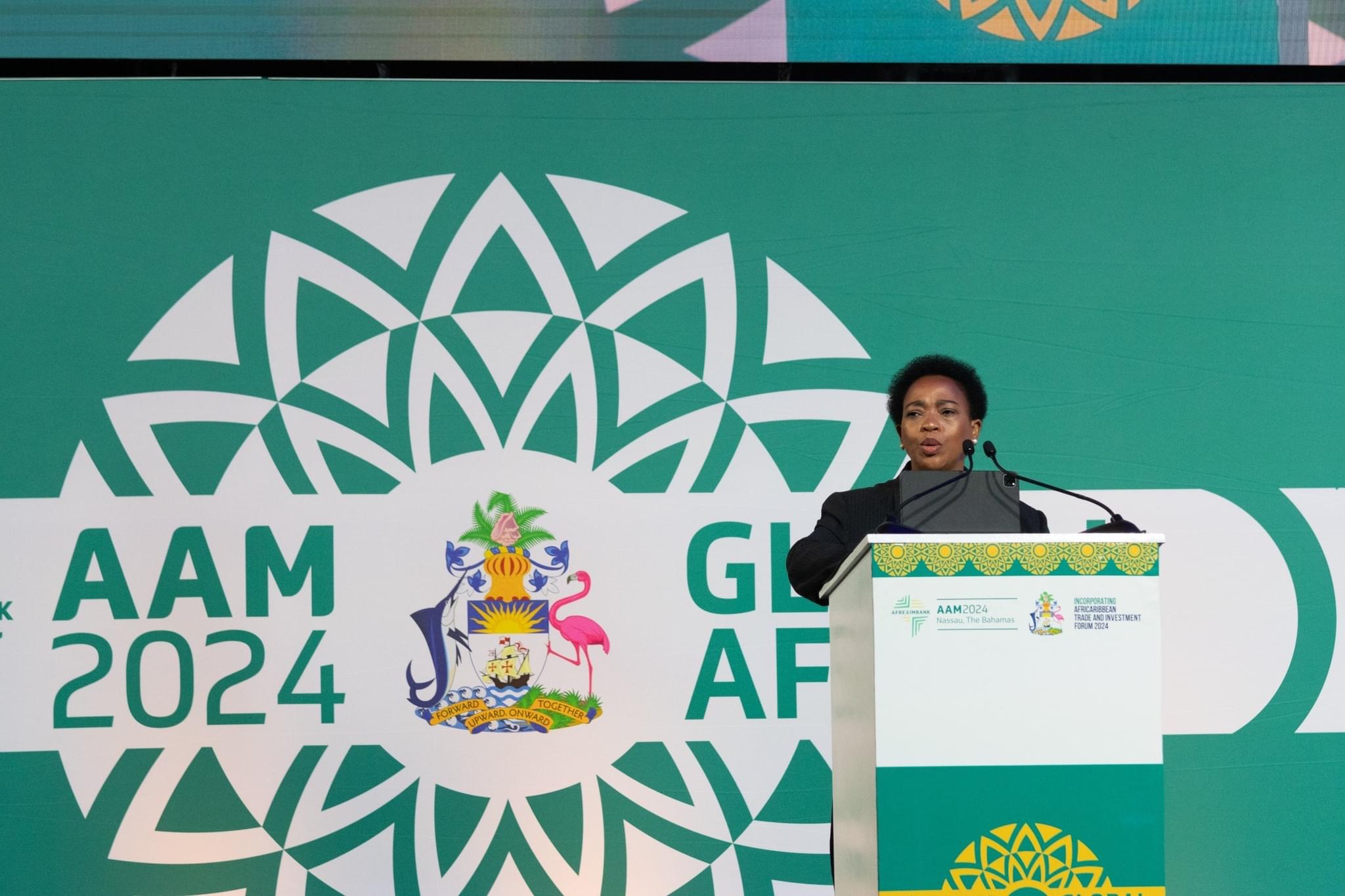
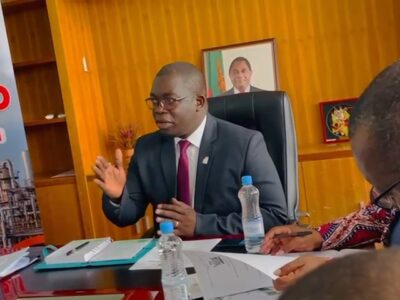
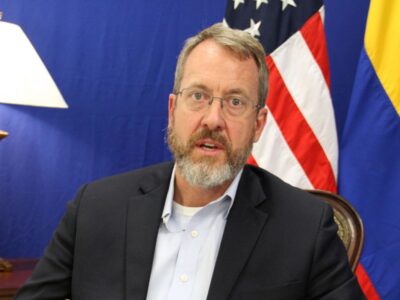
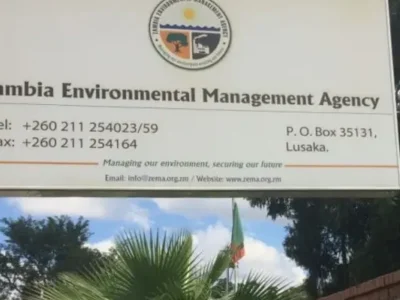

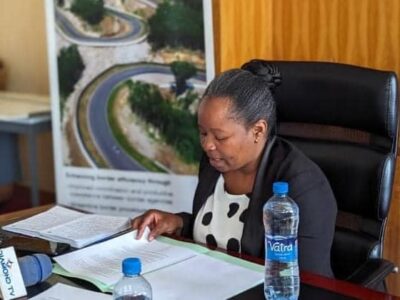
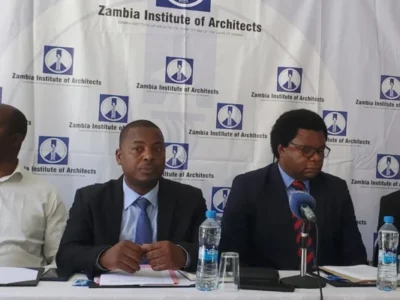




Comments